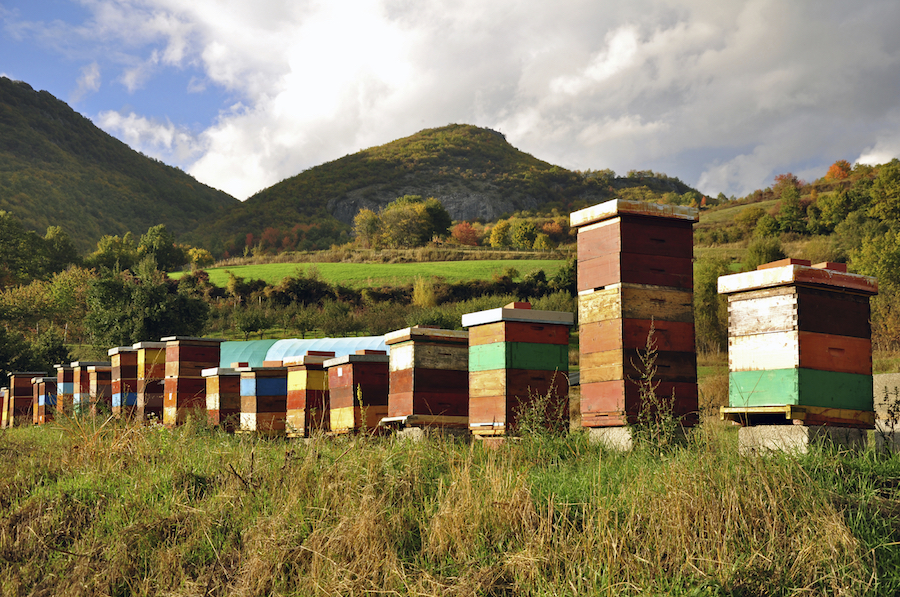Free Market Environmentalism (FME) focuses on improving environmental quality using property rights and markets. It emphasizes three important points:
- Markets, property rights, and the rule of law are fundamental to economic growth, and economic growth is fundamental to improving environmental quality.
- Property rights make the environment an asset rather than a liability by giving owners an incentive for stewardship.
- Markets and the process of exchange allow people with different ideas and priorities regarding the use of natural resources to cooperate rather than fight. When cooperation supplants conflict, gains from trade emerge.
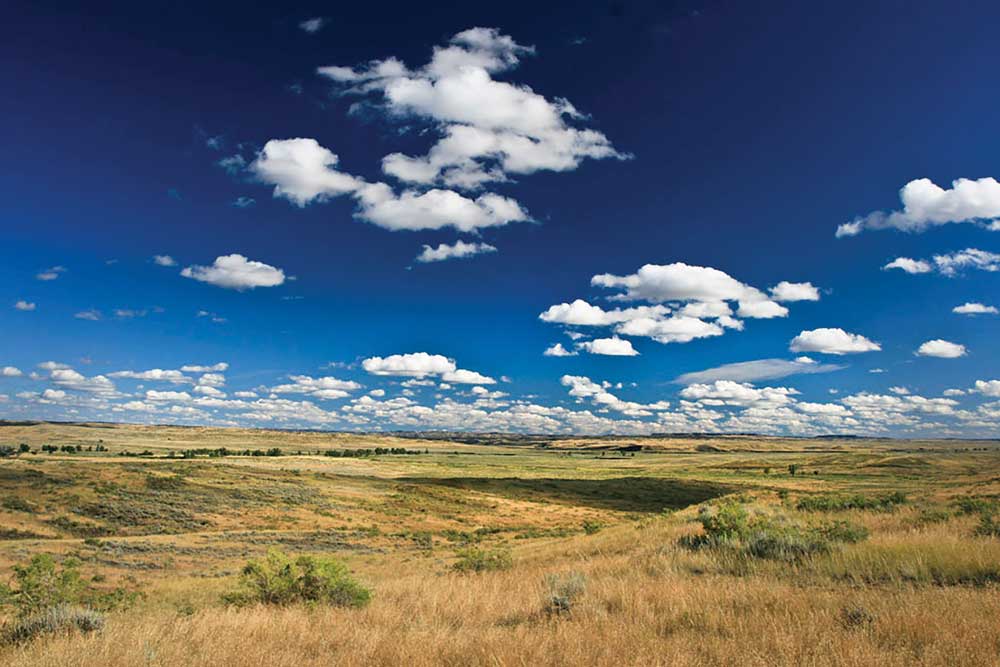 |
American Prairie Reserve On the plains of eastern Montana, the nonprofit group American Prairie Reserve works to restore and conserve grasslands biodiversity. Their goal is to create a 3.5 million acre reserve, open to the public while providing habitat for bison and the 300+ other wildlife species that roam the plains. |
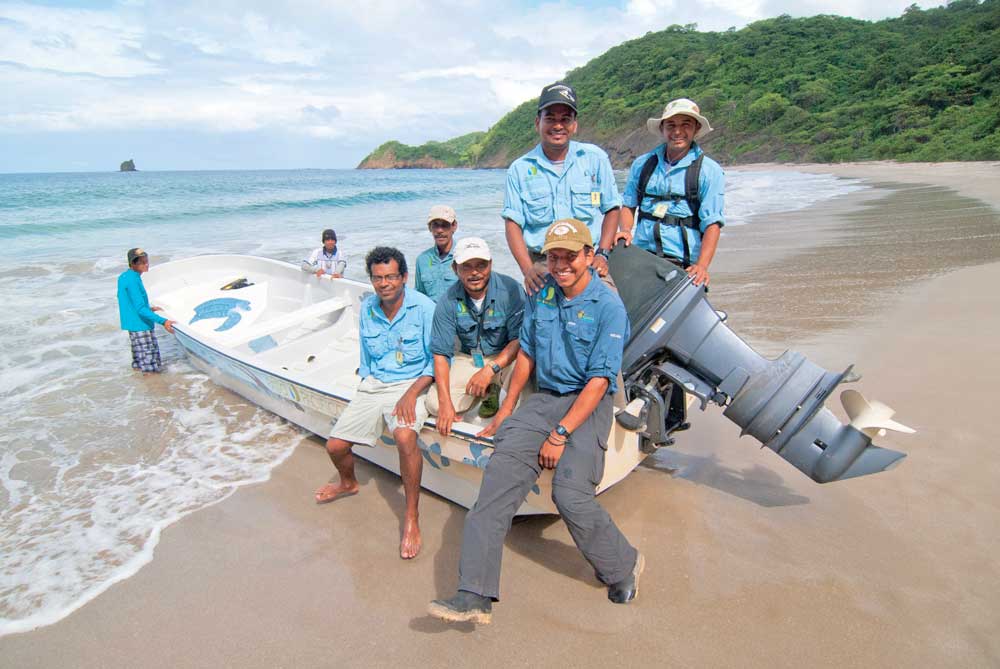 |
Paso Pacifico’s Thin Green Line Turtle poachers become turtle protectors in Nicaragua, as sea turtle eggs are harvested illegally. Paso Pacifico, dedicated to biodiversity conservation, steps in to help the endangered species, as the organization employs their own rangers to protect sea turtle on beaches where no government rangers are stationed. |
 |
Slowing Ships for Whales Maritime traffic is vital to California’s economy, but it can be fatal for marine mammals, killing several endangered whales each year. Instead of lobbying for regulatory restrictions on shipping vessels, conservationists simply pay cargo ships to slow down. |
 |
Pop-up Wetlands for Migratory Birds Each year, millions of migratory birds make their trek along the Pacific Flyway, but in times of drought, California’s wetlands dry up. Through their BirdReturns program, the Nature Conservancy creates habitat on demand by paying rice farmers along the flyway to flood their fields when the birds need it most. |
| Pulse Flow on the Colorado The Environmental Defense Fund harnessed water markets to revive the long-dry Colorado River south of the U.S.-Mexican border, simulating the historical seasonal floods that nurtured wetlands and spawned fisheries, supporting communities and wildlife habitat across the floodplain. |
|
 |
Homesteading the Oceans A growing body of research reveals that fisheries that have adopted rights-based management strategies achieve sustainable catches and profits. The most prominent of these rights-based approaches is individual transferable quotas (ITQs), which entitle a quota holder to catch a specific share of the total allowable catch set by fishery managers. |
 |
The Return of the Gopher Tortoise Habitat exchange markets offer incentives for environmental stewardship prior to formal listing under the ESA that could maximize management options for landowners, minimize the cost of recovery, and reduce the potential for restrictive land use policies in the future. |
 |
Saving African Rhinos Saving the white rhino from extinction can be attributed to a change in policy that allowed private ownership of wildlife. While protecting the rhinos encouraging breeding, the ranchers were able to profit by limited trophy hunting. |
 |
Scott River Water Trust The Scott River Water Trust pays farmers along the Scott River and its tributaries to leave water instream for salmon and steelhead, particularly during periods of drought and low flows. This case demonstrates how water markets can facilitate both economic growth and municipal development while also enhancing environmental flows and strengthening agricultural communities. |
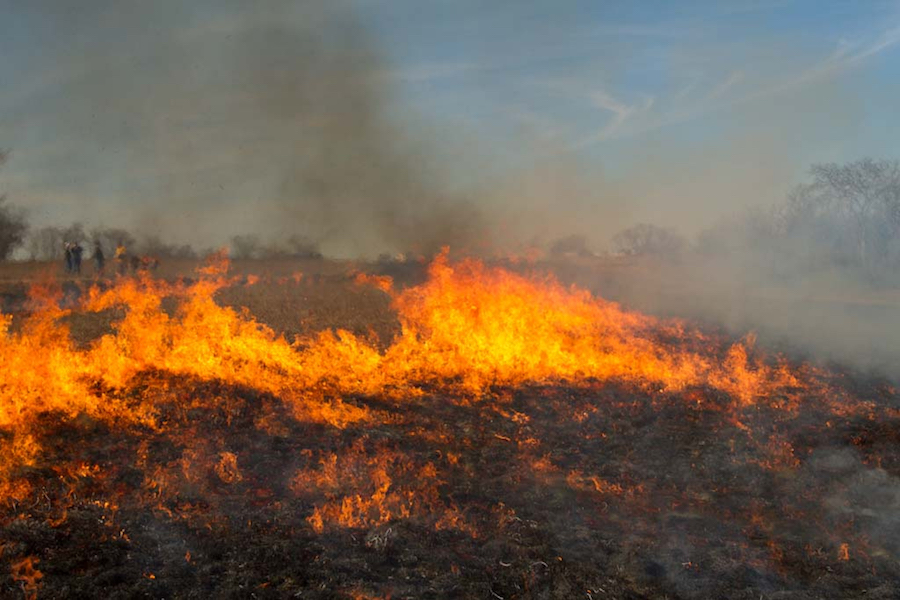 |
Fighting Fire with Fire Innovative financial tools allow land managers to address wildfire risk. |
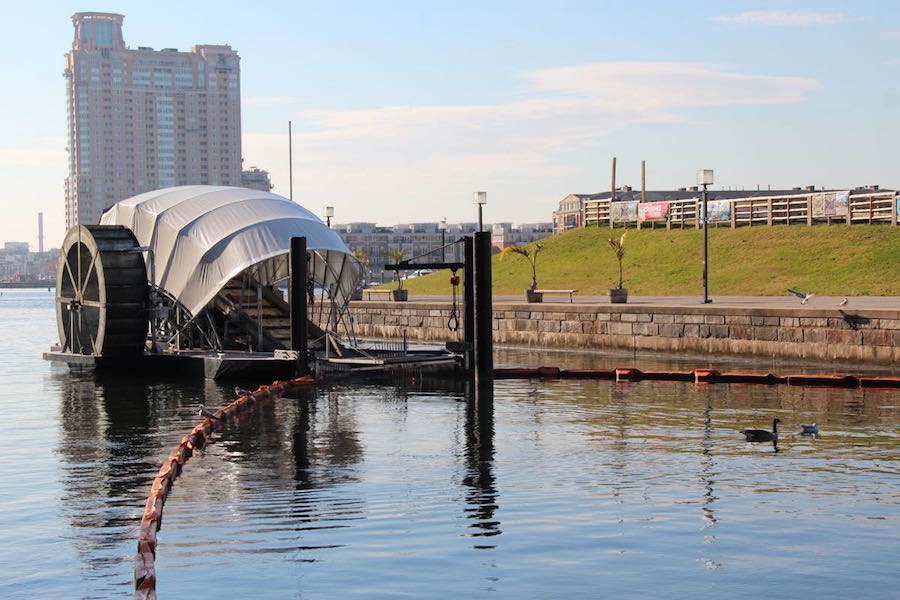 |
Life in the Plasticene Crowdsourcing data to remove plastic from waterways—and (one day) earn a profit. |
 |
Explore our interactive map of PERC’s ideas in action at www.perc.org/map. |
